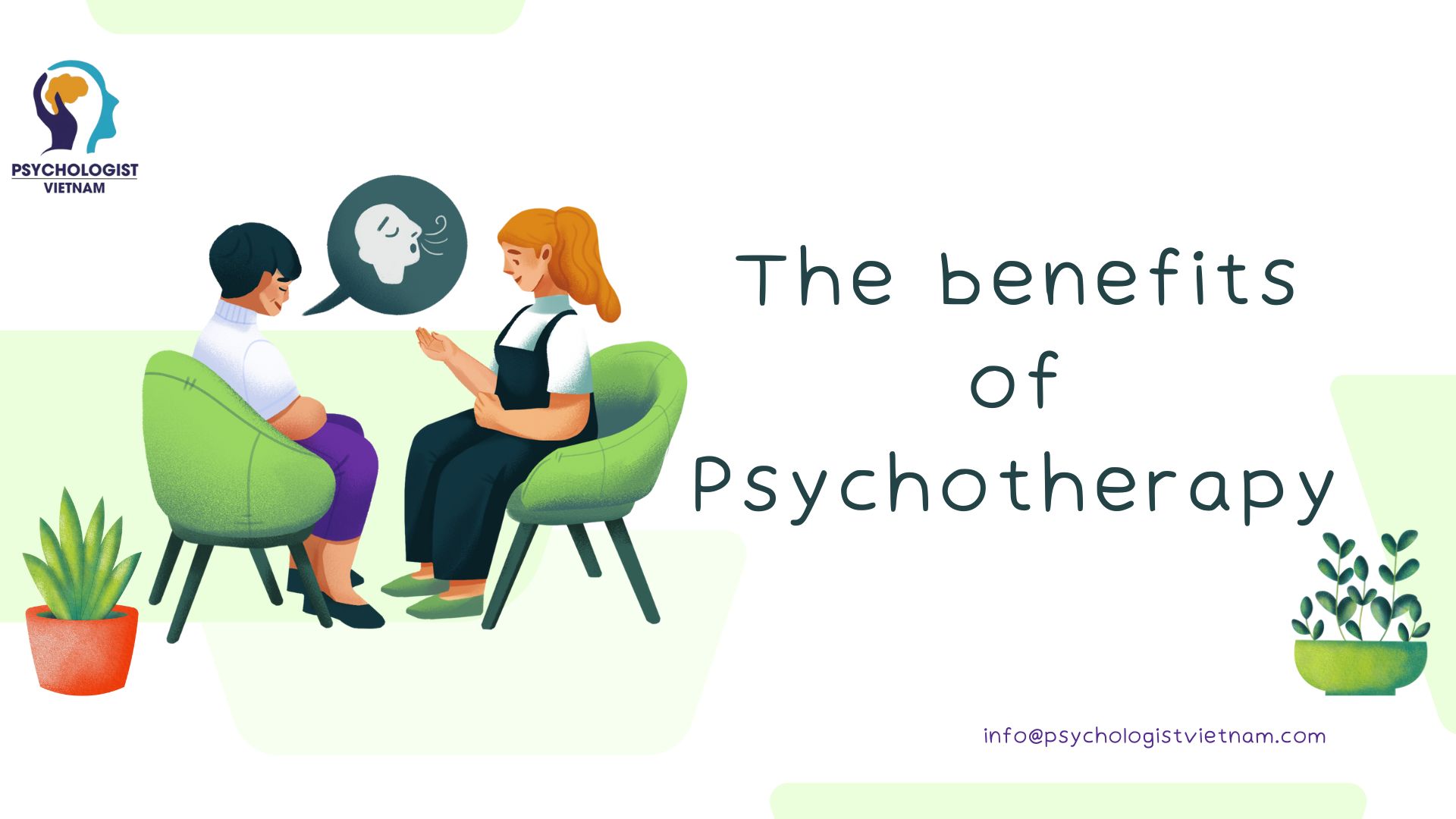Discover the benefits of psychotherapy, how it works, who can benefit, and the therapy process. Improve mental health, emotional resilience, and relationships with professional guidance.
What is Psychotherapy?
Psychotherapy is a type of treatment that uses talking therapies to address mental, emotional, and behavioral issues. It helps patients understand their feelings, recognize what triggers positive or negative emotions, and develop coping skills to handle challenging situations.
By exploring their thoughts and emotions, individuals gain clarity about their values, life goals, and relationships. Psychotherapy equips them to make positive changes in their lives.
Why Psychotherapy is necessary
Psychotherapy can help with a wide range of challenges, including:
Depression, anxiety, or low self-esteem
Drug or alcohol addiction
Family or relationship conflicts
Eating disorders or specific phobias
Anyone who feels overwhelmed, powerless, or unable to cope with problems can benefit from psychotherapy. Meeting with a psychologist or therapist allows patients to view their challenges from a different perspective and work toward meaningful solutions.
How Psychotherapy works
Psychotherapy is talk-based rather than medication-based. Therapists can come from various professional backgrounds:
Psychologists
Marriage and family therapists
Social workers or counselors
Psychiatrists or psychoanalysts
There are many types of psychotherapy, including:
Behavioral therapy
Cognitive therapy
Individual counseling
Family therapy
Group therapy
Sessions usually last about one hour per week, though therapy may extend over months or years. Techniques can include storytelling, drama, music, or other creative methods. Active participation during and between sessions is crucial for achieving positive results.
Who needs Psychotherapy?
Some signs that psychotherapy may be needed include:
Persistent sadness or feelings of helplessness
Difficulty coping with daily challenges
Trouble concentrating on work or studies
Substance abuse or harmful behavior toward self or others
Chronic pessimism despite support from friends and family
Excessive worry or anxiety
If these symptoms are present, seeking professional guidance from a licensed psychotherapist is recommended. Early intervention can improve mental health, emotional well-being, and personal relationships.
Psychotherapy is an effective tool for managing emotional, mental, and behavioral challenges. By understanding oneself, learning coping strategies, and participating actively in therapy, individuals can achieve a healthier, more balanced life.



